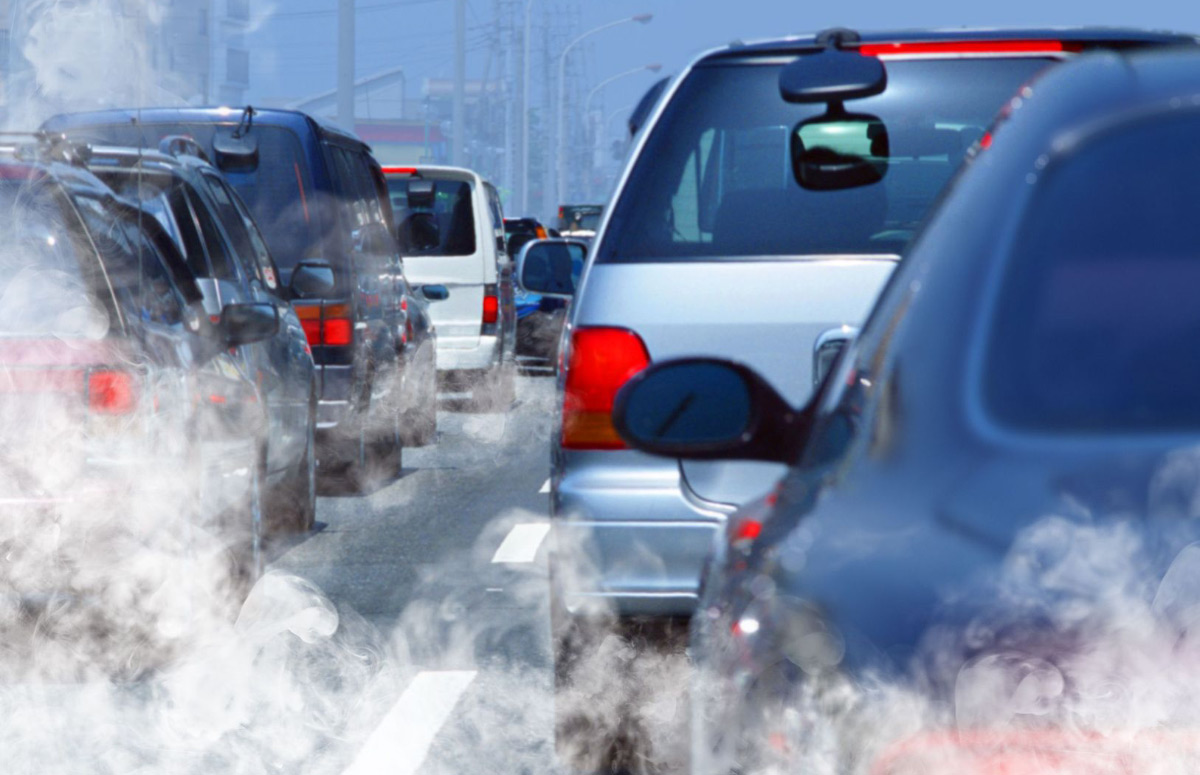Think about your morning commute and ask about some of the things you see pretty regularly. How often do you see people talking on their phones or texting or what have you while zipping down the freeway at seventy or eighty miles per hour? Or while sitting in bumper-to-bumper stop-and-go traffic? How often do you see people fail to signal when they are turning or changing lanes, and how often do you see near-accidents because of such carelessness? Just this morning, I had to adjust to avoid an accident with someone who turned the wrong way down a one-way street.
And be honest: how many accidents have you caused—or almost caused—because you weren’t paying close attention and pulled out in front of someone?
Now think about the costs and benefits of this kind of carelessness and who bears them. There are pretty strong incentives to be careful when you’re driving as the health and safety of you and your loved ones are in the (literal) paths of many clear and present dangers. And in spite of what look like very strong incentives, we see people acting with breathtaking recklessness.
Now think about how those very same people in the voting booth. Are they likely to be more conscientious or less conscientious in the voting booth than they are on their morning commutes?
Maybe they’re likely to be more conscientious. After all, they don’t vote as frequently as they commute, and maybe they prepare well for their trip to the ballot box. I doubt it, though, and I think the well-known problem of rational ignorance and the less-well-known problem of rational irrationality are very likely to be at play.
Simply put, people have very weak incentives to acquire a lot of information about the candidates and the policies for whom and for which they are voting, and most of the information they do acquire is likely to be extremely superficial. Why is this? You can be nearly certain that the election in which you’re running will be decided by more than one vote.
Hence, no matter what you do, the outcome will be the same. The near-zero probability that you cast the decisive ballot means that you don’t have much of an incentive beyond, say, your own senses of propriety and civic duty to spend a lot of time and energy developing sophisticated understandings of the issues at hand beyond simple slogans like “education is good” or “abortion is bad.”
In his 2007 book The Myth of the Rational Voter: Why Democracies Choose Bad Policies, the economist Bryan Caplan reported evidence comparing the beliefs of economists to the beliefs of the general public (here’s a short version of his argument courtesy of the Cato Institute). His evidence suggests that relative to professional economists voters tend to have systematic biases that are likely to lead us toward worseeconomic policy and governance. He argues that these biases are “rationally irrational”: they are irrational in that they lead to policies (like protectionism) that are antithetical to voters’ stated goals. However, people cling to them rationally because it is costly to change your beliefs and a lot easier to simply vote for what you think sounds good: hence the stubborn popularity and persistence of tariffs, immigration restrictions, and agricultural subsidies.
Winston Churchill was probably right: democracy is the worst form of government except for all the others that have been tried. However, watching people’s behavior on the road during rush hour makes me skeptical of the claim that majority rule democracy per se is an unalloyed good—or that more of it will lead to better governance.









